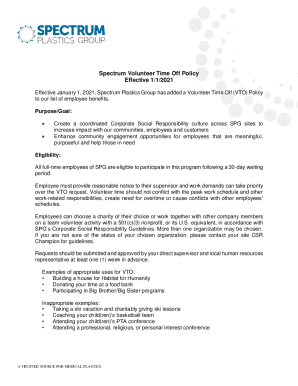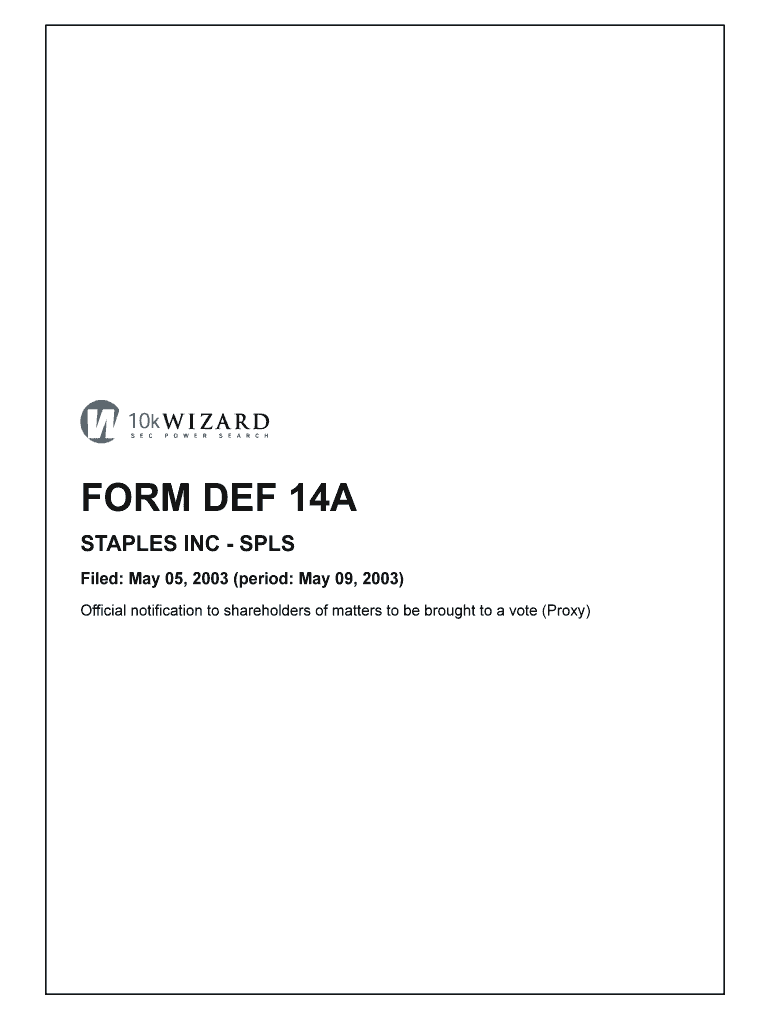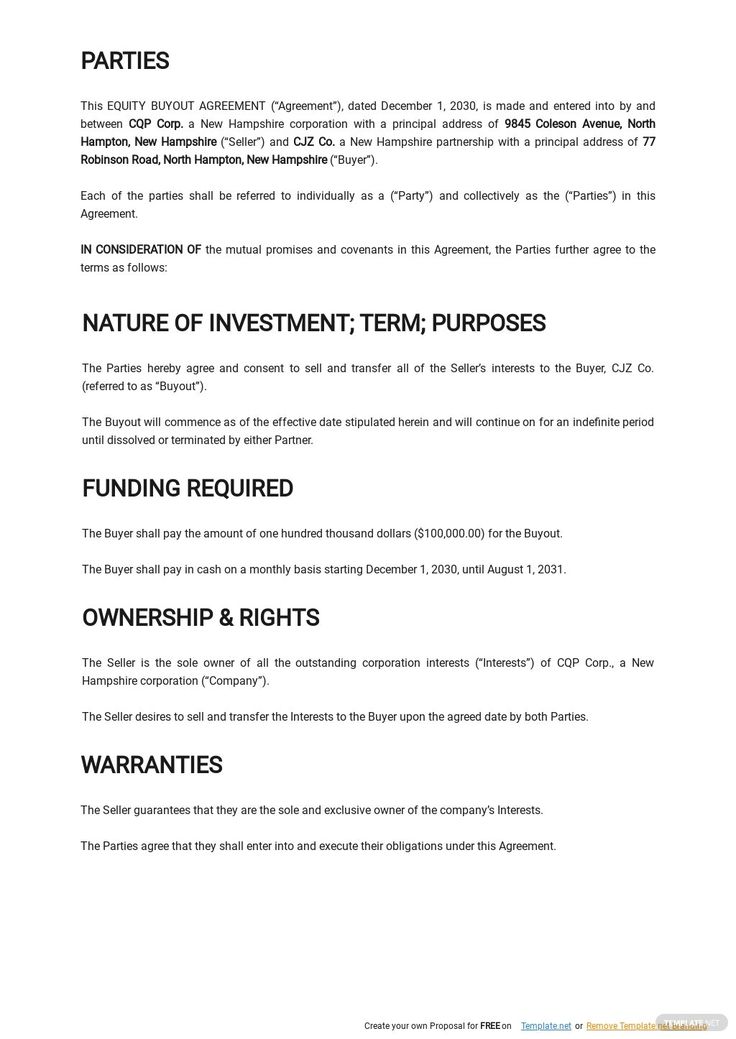How To Interpret Proxy Statements (Form DEF 14A): A Step-by-Step Guide

Table of Contents
Understanding the Structure of a Proxy Statement (DEF 14A)
A DEF 14A filing, also known as a proxy statement, follows a generally consistent structure, although the specific content varies depending on the company and the matters up for vote. Familiarizing yourself with this structure is the first step to effective interpretation. Understanding the sequence of information helps build a comprehensive picture of the company's current situation and future plans.
- Introduction and background information: This section sets the stage, providing context for the shareholder meeting.
- Meeting information: This crucial section details the date, time, location (physical and virtual), and methods for participating in the shareholder meeting.
- Matters to be voted on (proposals): This is the heart of the proxy statement, outlining all resolutions to be voted upon. This includes any shareholder proposals.
- Director nominations and biographies: Detailed biographies of candidates for the board of directors are provided, often including their qualifications, experience, and any potential conflicts of interest.
- Executive compensation details: This section discloses the compensation packages of key executives, including salaries, bonuses, stock options, and other benefits. Understanding this is vital for assessing corporate governance and alignment of executive interests with shareholder interests.
- Audit information: Information on the company's independent auditor and their report is included.
- Financial statements (summary): A summary of the company's financial performance, often including key financial metrics, is typically provided. More detailed financial statements can usually be found in other SEC filings.
- Shareholder proposals: Shareholders may submit proposals for consideration at the meeting; these are detailed here.
- Information on voting procedures: Instructions on how to vote, whether by mail, online, or by proxy, are clearly outlined.
- Contact information: Contact details for the company's investor relations department are usually included.
Analyzing Key Sections of the Proxy Statement for Informed Decision-Making
Once you understand the overall structure, you can delve into the specifics to make informed voting decisions. Here are three key areas to focus on:
Evaluating Director Nominations and Qualifications
Scrutinizing the backgrounds and qualifications of director nominees is crucial for good corporate governance. Ask yourself:
- Potential conflicts of interest: Do any nominees have relationships with the company that could compromise their objectivity?
- Relevant expertise: Does the board possess the necessary skills and experience to guide the company strategically? Look for diversity of skills and experience.
- Track record: Review the nominees' past performance in similar roles. Have they demonstrated strong leadership and sound judgment?
Deciphering Executive Compensation
Executive compensation is a sensitive topic, and transparency is key. When analyzing this section:
- Understand the components: Break down the compensation package into its various elements (salary, bonuses, stock options, benefits) to see the full picture.
- Compare to performance: Assess whether executive pay is aligned with company performance and shareholder returns. High pay with poor performance is a red flag.
- Industry benchmarks: Compare executive compensation to similar companies in the same industry. Is the compensation structure competitive but also reasonable?
Reviewing Corporate Proposals
Understanding the corporate proposals presented is crucial. Each proposal requires careful consideration.
- Identify the proposal type: Is it a management proposal (typically supporting company initiatives) or a shareholder proposal (often advocating for specific changes)?
- Analyze the rationale: Carefully read the explanation for each proposal and consider the potential implications for the company and its shareholders.
- Consider the implications: Weigh the potential benefits and risks associated with each proposal before making your decision.
Utilizing Online Resources and Tools to Enhance Your Understanding of DEF 14A
The SEC's EDGAR database (edgar.sec.gov) is your primary resource for accessing DEF 14A filings. However, several other tools can significantly enhance your understanding:
- Accessing DEF 14A filings through the SEC's EDGAR database: This is the official source for all SEC filings, including proxy statements.
- Using proxy voting platforms and services: Many brokerage firms provide online platforms that simplify the proxy voting process and often offer summaries and analysis.
- Referencing financial news and analysis websites: Financial news sources frequently provide analysis and commentary on company proxy statements, offering additional perspectives.
Using these resources in conjunction can help you develop a more comprehensive understanding of the information presented in the DEF 14A.
Conclusion
Successfully interpreting proxy statements (Form DEF 14A) is fundamental to responsible shareholder engagement. By carefully reviewing the key sections, you can make informed decisions about voting on director elections, executive compensation, and other corporate proposals. Utilize the available online resources to enhance your understanding. Become an active participant in corporate governance by mastering the art of interpreting proxy statements and exercising your voting rights. Learn more about how to effectively analyze proxy statements (DEF 14A) and contribute to your company's future. Your informed participation strengthens corporate governance and protects your investment.

Featured Posts
-
 Key Elements To Look For In A Proxy Statement Form Def 14 A
May 17, 2025
Key Elements To Look For In A Proxy Statement Form Def 14 A
May 17, 2025 -
 Ultraviolette Launches Tesseract Electric Scooter At R1 45 Lakh
May 17, 2025
Ultraviolette Launches Tesseract Electric Scooter At R1 45 Lakh
May 17, 2025 -
 Tvs Jupiter Ather 450 X
May 17, 2025
Tvs Jupiter Ather 450 X
May 17, 2025 -
 The Troubling Trend Of Wildfire Betting The Los Angeles Case
May 17, 2025
The Troubling Trend Of Wildfire Betting The Los Angeles Case
May 17, 2025 -
 The Reebok X Angel Reese Collection A Closer Look
May 17, 2025
The Reebok X Angel Reese Collection A Closer Look
May 17, 2025
Latest Posts
-
 6 1 Billion Celtics Sale Impact On The Team And Its Future
May 17, 2025
6 1 Billion Celtics Sale Impact On The Team And Its Future
May 17, 2025 -
 Boston Celtics Future Uncertain After 6 1 Billion Sale To Private Equity Firm
May 17, 2025
Boston Celtics Future Uncertain After 6 1 Billion Sale To Private Equity Firm
May 17, 2025 -
 Boston Celtics Sold For 6 1 Billion Fans React To Private Equity Buyout
May 17, 2025
Boston Celtics Sold For 6 1 Billion Fans React To Private Equity Buyout
May 17, 2025 -
 Celtics Vs Pistons A Detailed Game Preview And Prediction
May 17, 2025
Celtics Vs Pistons A Detailed Game Preview And Prediction
May 17, 2025 -
 The Trump Family A Generational Overview And Family Dynamics
May 17, 2025
The Trump Family A Generational Overview And Family Dynamics
May 17, 2025
